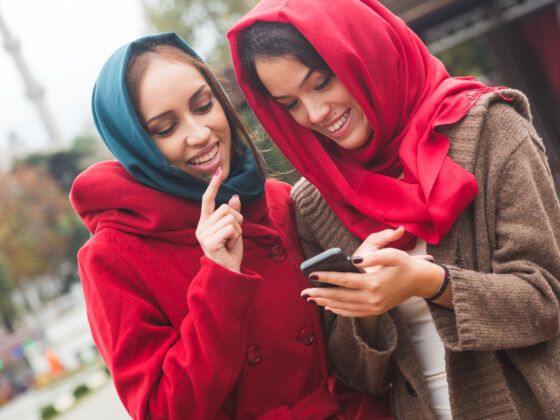1. It has Middle Eastern politics.
Unlike its neighbors Iran and Iraq, politics and religion in Turkey are kept strictly separate. Mustafa Kemal Ataturk was responsible for creating a secular country when he became the first president of the current Republic of Turkey in 1923.
Recently, though, the country has been moving towards more conservative views with the current presidency, even though many Turks are against this movement. The Gezi Protests in 2013 were a major outcome of the growing discontentment for the current government, especially with young Turks.
